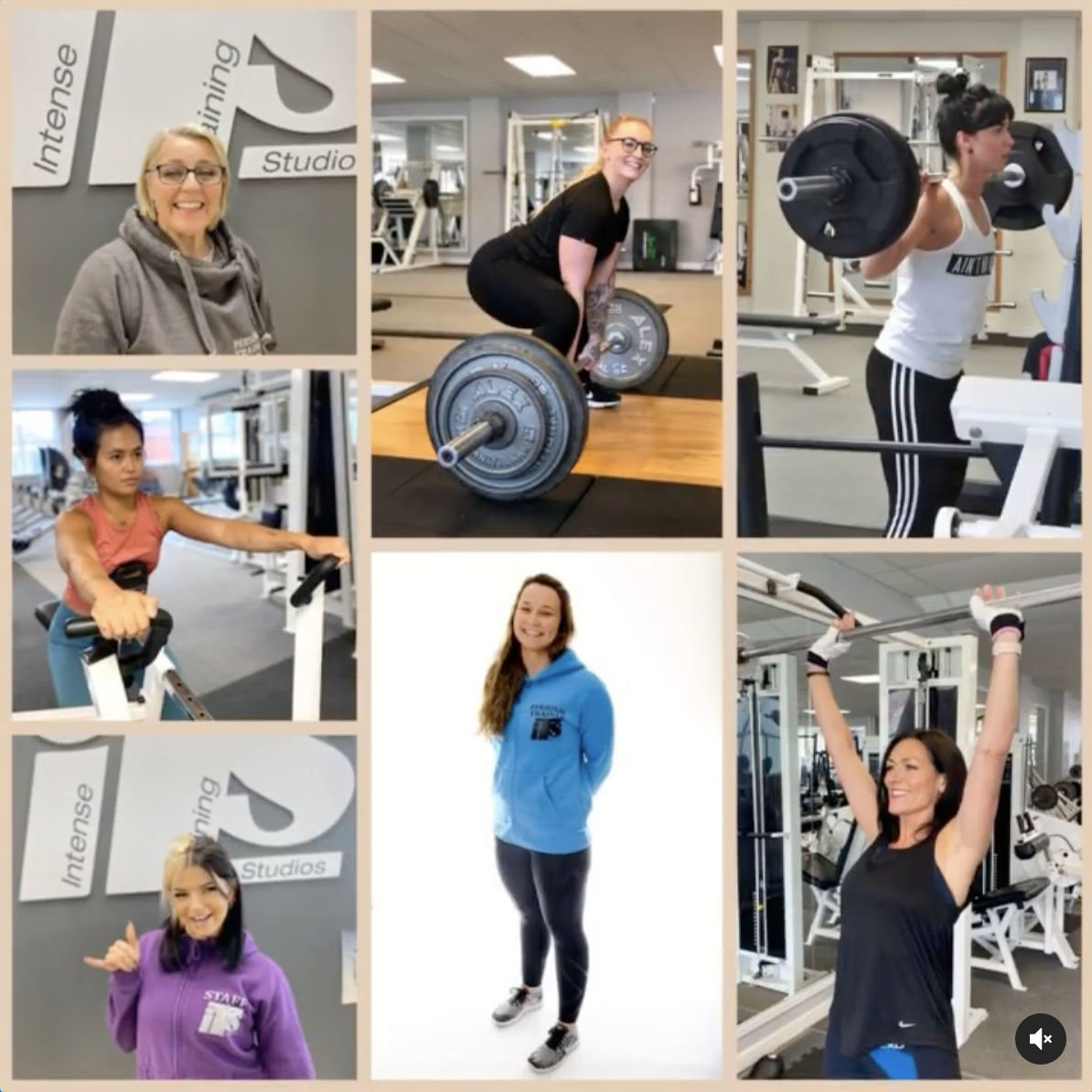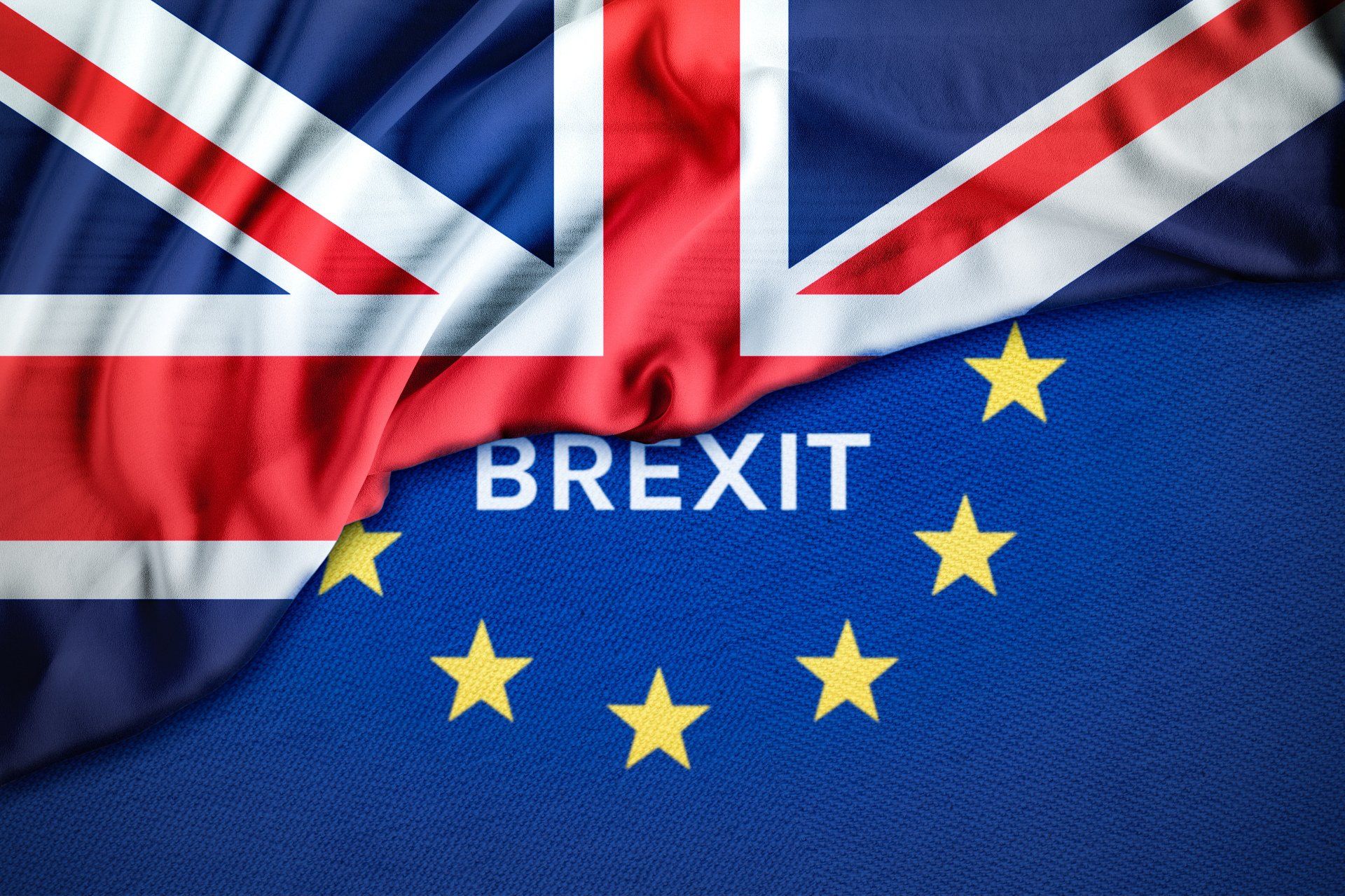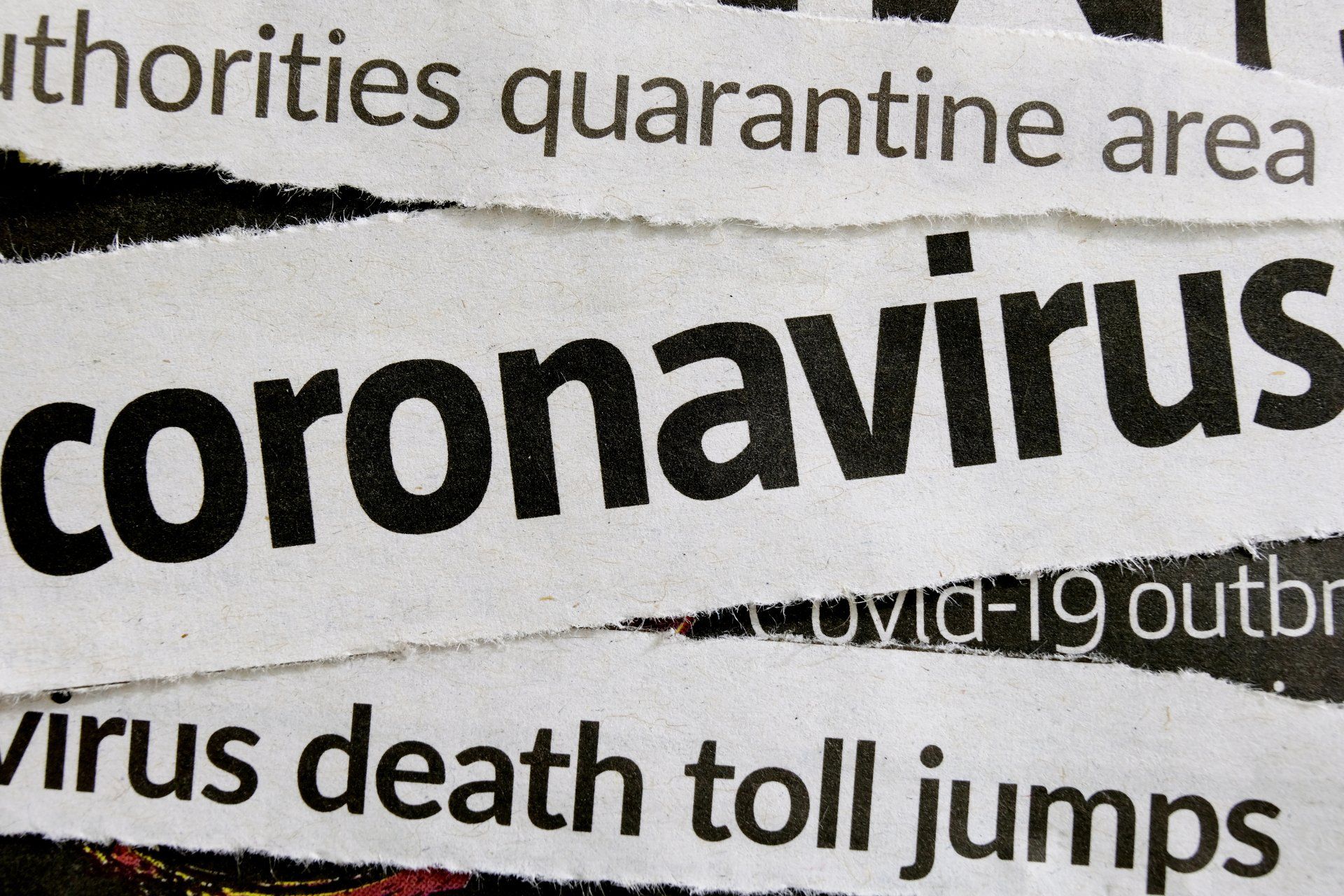Latest Government COVID-19 Precautions
Covid-19: Novavax vaccine shows 89% efficacy in UK trials
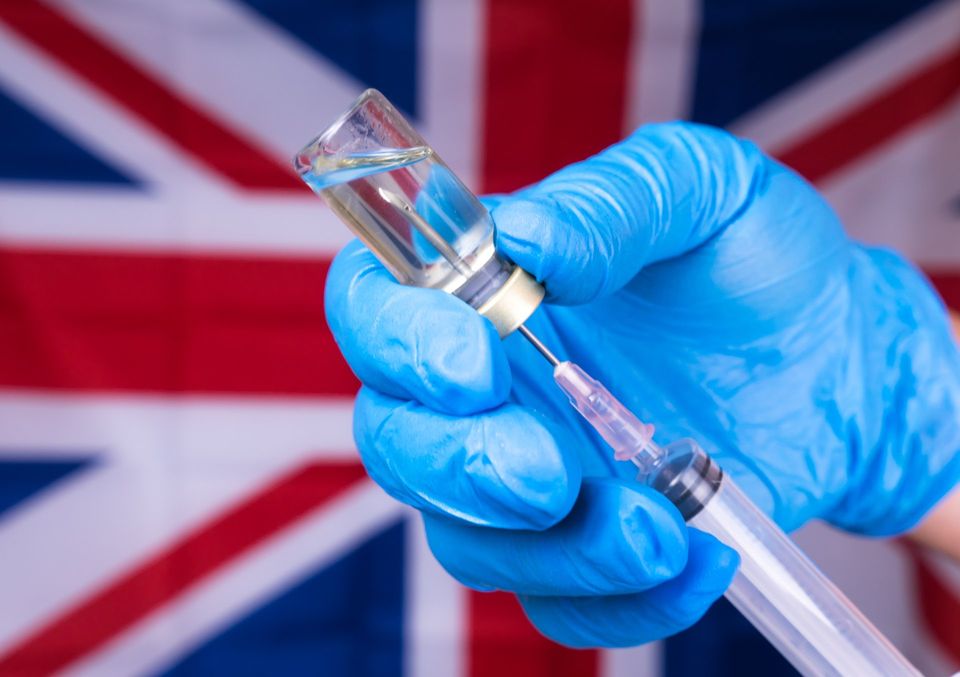
A new coronavirus vaccine has been shown to be 89% effective in large-scale UK trials.
The Novavax jab is the first to show in trials that it is effective against the new virus variant found in the UK, the BBC's medical editor Fergus Walsh said.
The UK has secured 60 million doses of the jab, which will be made in Stockton-on-Tees in north-east England. Meanwhile, a single-dose vaccine developed by Janssen is 66% effective, trial results have shown.
Janssen, a company owned by Johnson & Johnson, is also investigating whether giving two doses will give either stronger or longer-lasting protection.
The company said its initial findings showed one dose prevented 85% of severe cases. Both the Novavax and Janssen jabs will need to be reviewed by regulators before they can be used.
The PM welcomed the "good news", with doses of the Novavax jab expected to be delivered in the second half of this year if approved for use by the Medicines and Healthcare Products Regulatory Agency (MHRA), the government said.
The UK has so far approved three coronavirus vaccines for emergency use - one from Oxford University and AstraZeneca, another by Pfizer and BioNTech, and a third from drug firm Moderna.
The Novavax jab, which is given in two doses, was shown to be 89.3% effective at preventing Covid-19 in participants in its Phase 3 clinical trial in the UK, and around 86% effective at protecting against the new UK variant. The jab's efficacy against the original Covid-19 strain was calculated to be 95.6%.
The Phase 3 trials - the final stage before a vaccine is looked at by a regulator - enrolled more than 15,000 people aged between 18-84, of whom 27% were older than 65, US firm Novavax said.
In the South African part of the trial, where most of the cases were the South African variant of the virus, the vaccine was 60% effective among those without HIV. Stan Erck, chief executive of Novavax, said the results from the UK trial were "spectacular" and "as good as we could have hoped", while the efficacy in South Africa was "above people's expectations".
He told the BBC the manufacturing plant in Stockton-on-Tees should be up and running by March or April, with the company hoping to get approval for the vaccine from the MHRA around the same time.
To find out more information and to read the original source of this post, please click here
which will take you to the BBC's website.

A new four-step plan to ease England's lockdown could see all legal limits on social contact lifted by 21 June, if strict conditions are met. Shops, hairdressers, gyms and outdoor hospitality could reopen on 12 April in England under plans set out by the PM. From 17 May, two households might be allowed to mix in homes, while the rule of six could apply in places like pubs. It requires four tests on vaccines, infection rates and new coronavirus variants to be met at each stage. Prime Minister Boris Johnson told MPs the plan aimed to be "cautious but irreversible" and at every stage decisions would be led by "data not dates". There was "no credible route to a zero-Covid Britain nor indeed a zero-Covid world", he said. Kuenssberg: PM steers country towards the exit Why can't we unlock more quickly? Holiday bookings surge on lockdown exit plans Mr Johnson later told a Downing Street news conference the coming spring and summer would be "seasons of hope, looking and feeling incomparably better for us all". He described the plan as a "one-way road to freedom" but said he could not guarantee it would be irreversible "but the intention is that it should be". It comes as the first data on the UK's coronavirus vaccine rollout suggested it was having a "spectacular" impact on stopping serious illness. Step-by-step As part of the first step of the plan for easing lockdown in England: From 8 March - All schools will open with outdoor after-school sports and activities allowed. Recreation in an outdoor public spaces - such as a park - will be allowed between two people, meaning they would be allowed to sit down for a coffee, drink or picnic From 29 March - Outdoor gatherings of either six people or two households will be allowed. It is understood this will include gatherings in private gardens. Outdoor sports facilities such as tennis or basketball courts will reopen and organised adult and children's sport, such as grassroots football, will also return Secondary school pupils can access tests and will be required to wear face coverings in classrooms and shared spaces like corridors. There will be a gap of at least five weeks between each of the plan's subsequent steps to allow for the impact of changes on infection rates and hospital admissions to be assessed. The second step from 12 April would see major parts of the economy permitted to reopen: Non-essential retail opens, hairdressers and some public buildings like libraries Outdoor settings like alcohol takeaways, beer gardens, zoos and theme parks Indoor leisure like swimming pools and gyms Self-contained holiday accommodation, such as self-catering lets and camp sites But wider social contact rules will continue to apply in all settings - meaning no indoor mixing between different households will be allowed. Mr Johnson confirmed the end of hospitality curfews - and requirements to eat a substantial meal alongside alcohol. He said a review of international leisure travel restrictions would be announced by 12 April at the earliest. To read this article at full and in its original source, please click here to go to the BBC website.
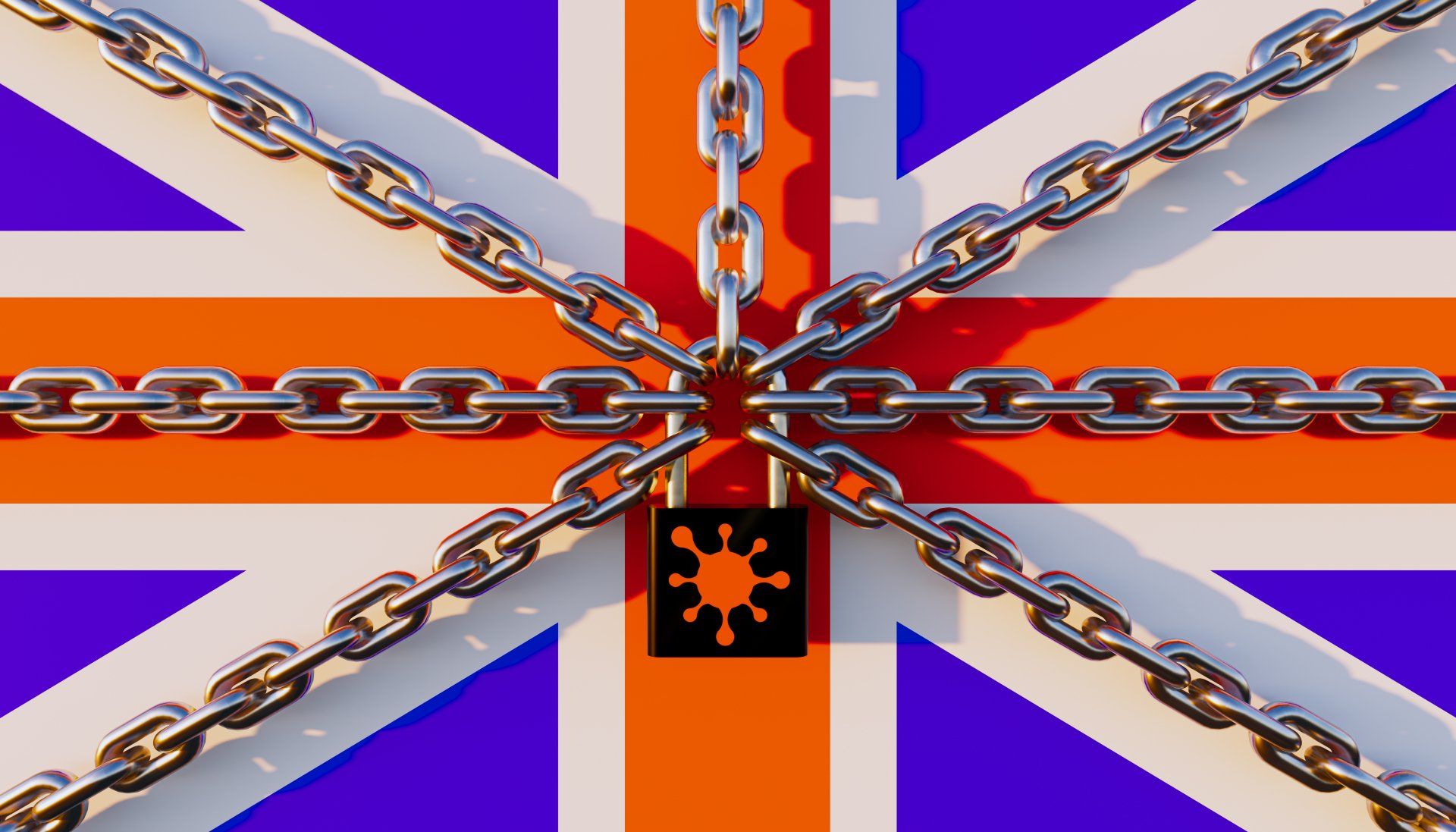
COVID-19 case numbers are rising rapidly across the whole of the UK and in other countries. We must act now to control the spread of the virus. The single most important action we can all take, in fighting coronavirus, is to stay at home, to protect the NHS and save lives. When we reduce our day-to-day contact with other people, we will reduce the spread of the infection. That is why, from Thursday 5 November until Wednesday 2 December, the Government is taking the following action: Requiring people to stay at home, except for specific purposes. Preventing gathering with people you do not live with, except for specific purposes. Closing certain businesses and venues. These new measures have been carefully judged to achieve the maximum reduction in growth in the number of cases, preventing the NHS from being overwhelmed, whilst ensuring that schools, colleges and universities stay open and that as many people as possible continue to work. Until Thursday 5 November, the relevant Local Covid Alert Level measures will continue to apply in the area where you live. From Thursday the national restrictions replace the local restrictions in your area. No new areas will move in the LCAL Very High restrictions between now and Thursday. The new measures will apply nationally for four weeks up to Wednesday 2 December. At the end of the period, we will look to return to a regional approach, based on the latest data. Complying with the new measures will help limit the spread of coronavirus, reduce the impact on the NHS and save lives. They will be underpinned by law which will make clear about what you must and must not do from 5 November. The relevant authorities, including the police, will have powers to enforce the law – including through fines and dispersing gatherings. Protect your loved ones. Download the App.

